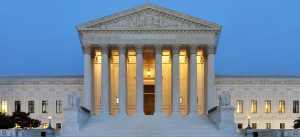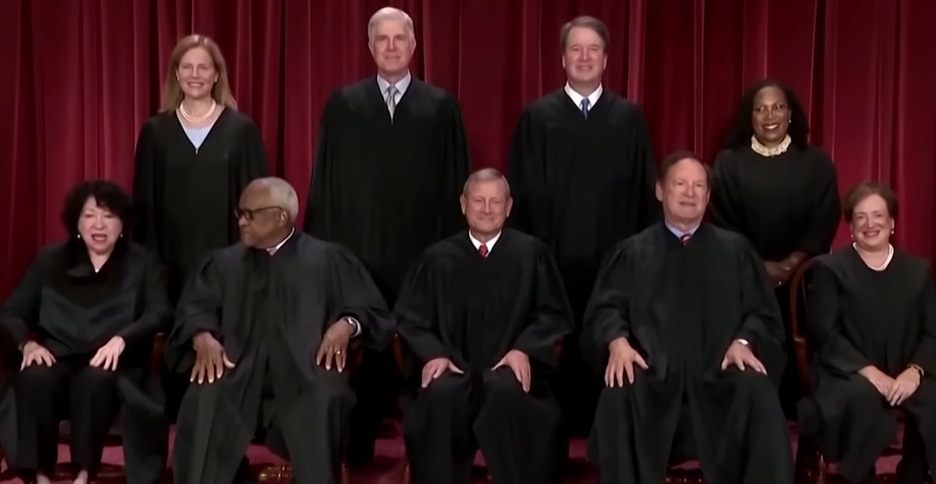By Center For American Progress
Photos: Wikimedia Commons\YouTube Screenshots
Washington, D.C. — The Supreme Court could strip power away from Congress and the president in several cases this term in ways that will make life worse for everyday Americans, according to a new analysis from the Center for American Progress.

Each of these four cases, individually, could undermine how the government serves Americans and enforces regulations against bad actors. Together, the analysis argues, they could incapacitate governance. The outcome of these cases could allow judges to substitute their own political and policy preferences for those of Congress, disempower career civil servants who are experts in their fields, and hamper the president’s ability to govern.
Next week, the justices will hear arguments in the last of these cases, Corner Post v. Board of Governors of the Federal Reserve. The case could jeopardize regulations that have for decades provided workplace, food and drug, environmental, and financial protections for Americans, opening these rules to repeated legal challenges long after they have been approved.
In three earlier administrative law cases argued this term, the justices are considering whether to prohibit federal agencies from enforcing the law through administrative channels; whether the Consumer Financial Protection Bureau’s funding structure is unconstitutional; and whether courts should defer to experts in federal agencies to regulate in areas where Congress has been silent or ambiguous.
“These cases are the culmination of a decades-long effort by well-funded conservative interests to roll back much of the progress of the 20th century,” said Devon Ombres, senior director for Courts and Legal Policy at the Center for American Progress. “The outcome could fundamentally restrict the ability of federal agencies to function and serve the American people.”

Read the issue brief: “The Supreme Court’s Assault on Government Could Make the Far Right’s Dreams Come True,” by Devon Ombres, senior director for Courts and Legal Policy at CAP and author of the analysis.







